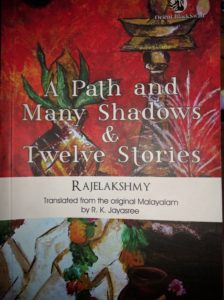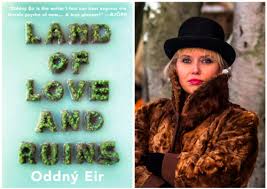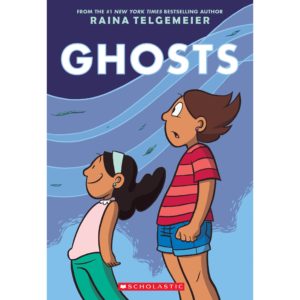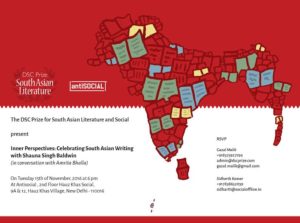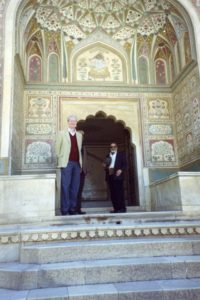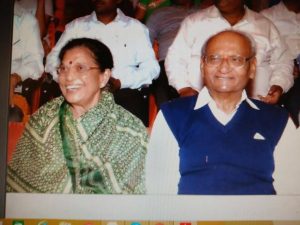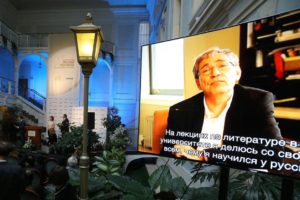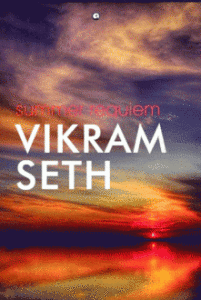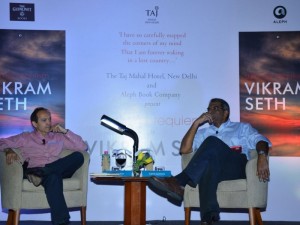Jeet Thayil “The Book of Chocolate Saints”
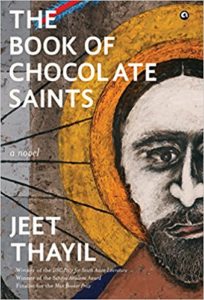 If this is a story about art then it is a story about God and the gifts he gives us. Also the gifts he takes away. God has it in for poets, that’s obvious, but the Bombaywallahs hold a special place in his dispensation. Or so I believe, with good reason. Much has been taken from the poets of Bombay. Bhagwan kuch deyta hai toh wapas bhi leyta hai.
If this is a story about art then it is a story about God and the gifts he gives us. Also the gifts he takes away. God has it in for poets, that’s obvious, but the Bombaywallahs hold a special place in his dispensation. Or so I believe, with good reason. Much has been taken from the poets of Bombay. Bhagwan kuch deyta hai toh wapas bhi leyta hai.
…
Let me ask you a question. Why has no one written about the Bombay poets of the seventies and eighties, poets who sprouted from the soil like weeds or mushrooms or carnivorous new flowers, who arrived like meteors, burned bright for a season or two and vanished without a trace? It had never happened before, poets writing Marathi, Hindi, English, and combinations thereof, writing to and against each other, such ferment and not a word of documentation. Why not?
The fiction has been done to death, features and interviews and critical studies and textbooks and not one of the novelists is worth a little finger of the poets. They were the great ones and they died. All of them died. If you want a moral, here it is: what god giveth, he taketh away. In this story art is god. And if god is art, then what is the devil? Bad art of course. But we’ll talk about that in a minute or we won’t. Kuch bhi ho, yaar.
Award-winning writer and poet Jeet Thayil’s second novel The Book of Chocolate Saints is about the fictional character Newton Francis Xavier ( perhaps loosely modelled on Dom Moraes to whom the book is dedicated). It is also a commentary by an insider on the Bombay poets — Nissim Ezekiel, Adil Jussawalla and Arun Kolatkar. The novel is a witness’s testimony as much as that of a practising poet’s acknowledgement to the rich literary tradition he belongs to. Recently one of the surviving members of this group, Ashok Shahane, in an interview while referring to the medieval Marathi saint-poet Dnyaneshwar, spoke of him
…regarding the relationship between the word and the world. Dnyaneshwar said that when we look for the sliver of the moon, the branch of a tree becomes useful as a guide to our eyes. Words are that branch, not the sliver of the moon itself.
“What is literature? Literature has nothing to do with the real world. I mean, at the same time it has everything to do with the real world,” he said. “You need readers who can maintain this balance. Literary matters will stay in literature, and the interpretation will stay in your mind. You won’t come out and fight in the street. At least this much I expect. But I don’t think I can expect that. Someone will take offence, and then, things will unravel.”
Likewise with The Book of Chocolate Saints which has taken the art form of a novel to new heights and yet is undeniably grounded in reality. There are very real people such as the poet Philip Nikolayev, and Jeet Thayil’s father, the author and journalist, T.J.S.George, or seemingly fiction which are thinly veiled references to actual incidents and people. It is a novel that marks a milestone in modern Indian literature particularly the Indian novel in English. This form of writing had begun to make its presence felt in 1980s with the publication of novels by I, Allen Seally, Shashi Tharoor, Rukun Advani and Mukul Kesavan; but it was with the publication of Vikram Seth’s A Suitable Boy that truly cemented the arrival of the Indian novel in English worldwide. No longer did it seem out of place to have a smattering of Hindi words in English prose— it was considered as acceptable as reading the French phrases in a Wodehouse story, the story itself about an ordinary person selling shoes for a living and looking for the ideal marriage partner was familiar to readers as someone like them and not fiction set in some faraway land. More than two decades later The Book of Chocolate Saints bursts upon the scene with its detailed literary landscape taking the Indian novel in English to another level — of high culture. It focuses on a literary group that is known for its unique style of literature, influenced by international culture, and writers like Baudelaire, James Joyce, the Beat poets including Allen Ginsberg who came and spent time with them, Auden and the Hungryalists instead of navel gazing as much of local literature was tending to become — each form has its relevance but by breaking the traditional shackles of “Indian literature” and bringing different strands together to create something new was revolutionary. The Bombay poets were producing literature well before the Internet happened so accessing different cultural elements and learning from them was a far more challenging process than it is now. They travelled, they conversed, they learned from each other, they had weekly addas, disagreed and yet remained steadfast companions whose influence upon literature is going to tell for generations to come. Jeet Thayil exemplifies this in his novel by paying homage to the Bombay poets by experimenting happily with the art form to create unique piece of literature that can only give the reader joy by engaging fully with it. At times the prose seems like poetry, there are portions that are like investigative journalism, at times it flows beautifully like straightforward classical prose and at other times seems broken — yet all the while masterfully controlled by the genius of a storyteller. Coincidentally the same editor and eminent publisher, David Davidar, published both the novels — A Suitable Boy and The Book of Chocolate Saints.
This cross-pollination of art and reality is what literary craftsman Jeet Thayil attempts in The Book of Chocolate Saints while chronicling a significant time in contemporary Indian literature and history. It is a magnificent pastiche!
Jeet Thayil The Book of Chocolate Saints Aleph Book Company, New Delhi, 2017. Hb. Rs 799
31 Oct 2017

